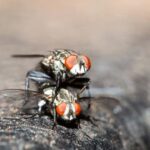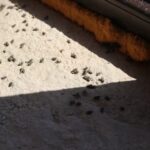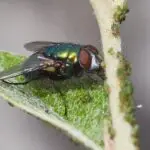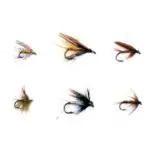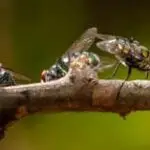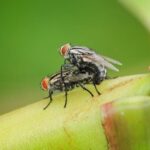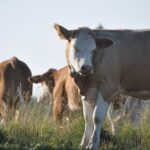What Are House Flies Good For?
Most house flies prefer warmer climes, and they can survive without human help. Their diet consists of liquids. That’s why they often vomit on food, including potato salad. Their saliva contains digestive enzymes, which make food liquefy for the flies to digest.
Flies can also transmit disease. They can spread bacteria through their excreta, which can contaminate food and cooking utensils. Their mouths are also susceptible to bacteria, including salmonella. The flies also feed on decaying matter, so they can infect food.
House flies produce eggs in clusters of 75-150 and deposit 350-900 eggs over their lifetime. After they emerge from their pupa, female house flies deposit eggs in moist materials. They breed best in moist materials, like fresh manure or a mixture of manure and hay. They can also breed on garbage.
Adult house flies live for two to four weeks after pupation. They pupate a few days after hatching and feed on decaying organic matter. While their larvae are legless, they metamorphose into reddish-brown pupae, which are about eight millimetres long. Adult house flies live for about two to four weeks, and can hibernate during the cold winter.
The house fly is an insect that is often overlooked, but there’s more to house flies than meets the eye. New research is recognizing the role of this insect, as well as studying the genes responsible for their immune system and detoxification. These genes may be beneficial to humans living in toxic environments.

